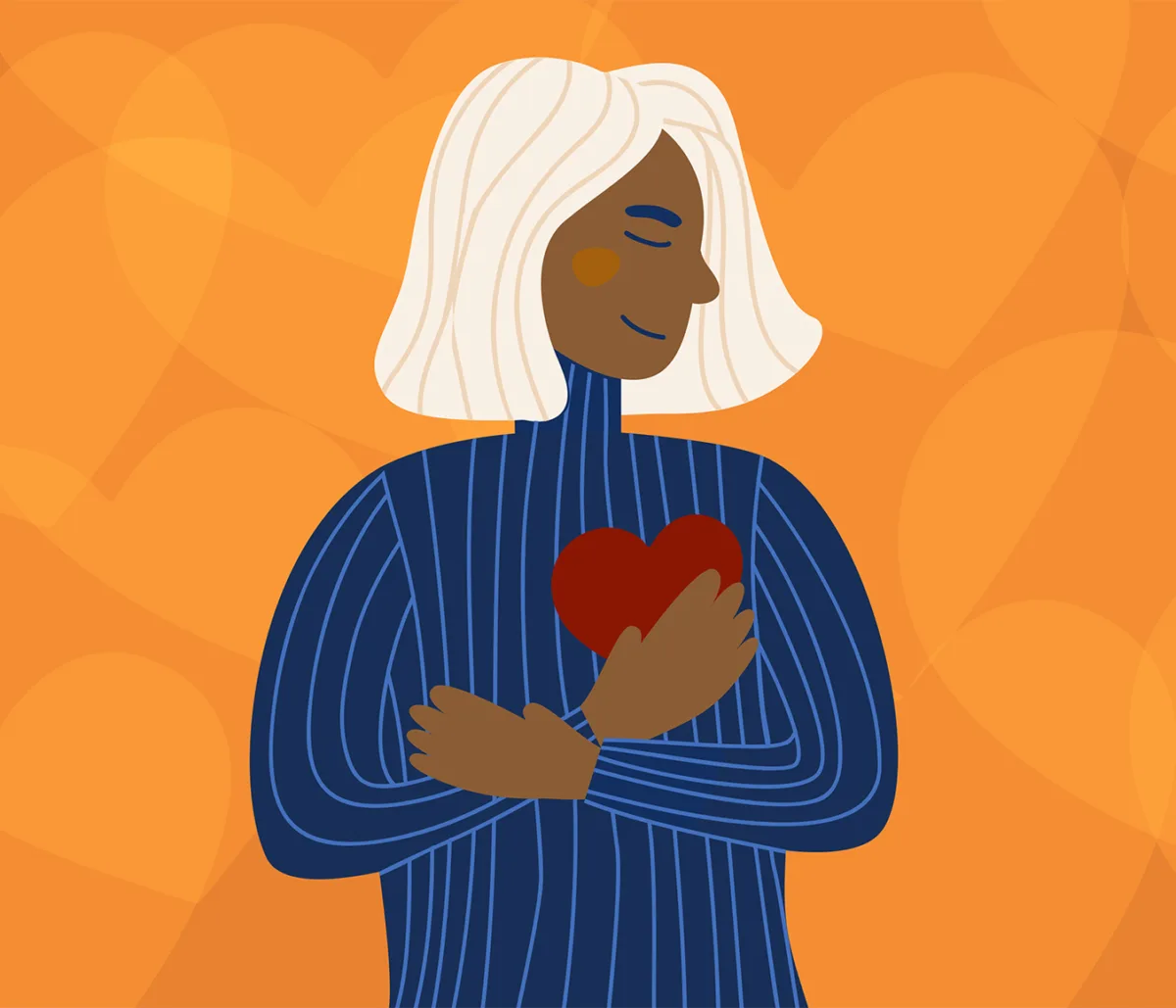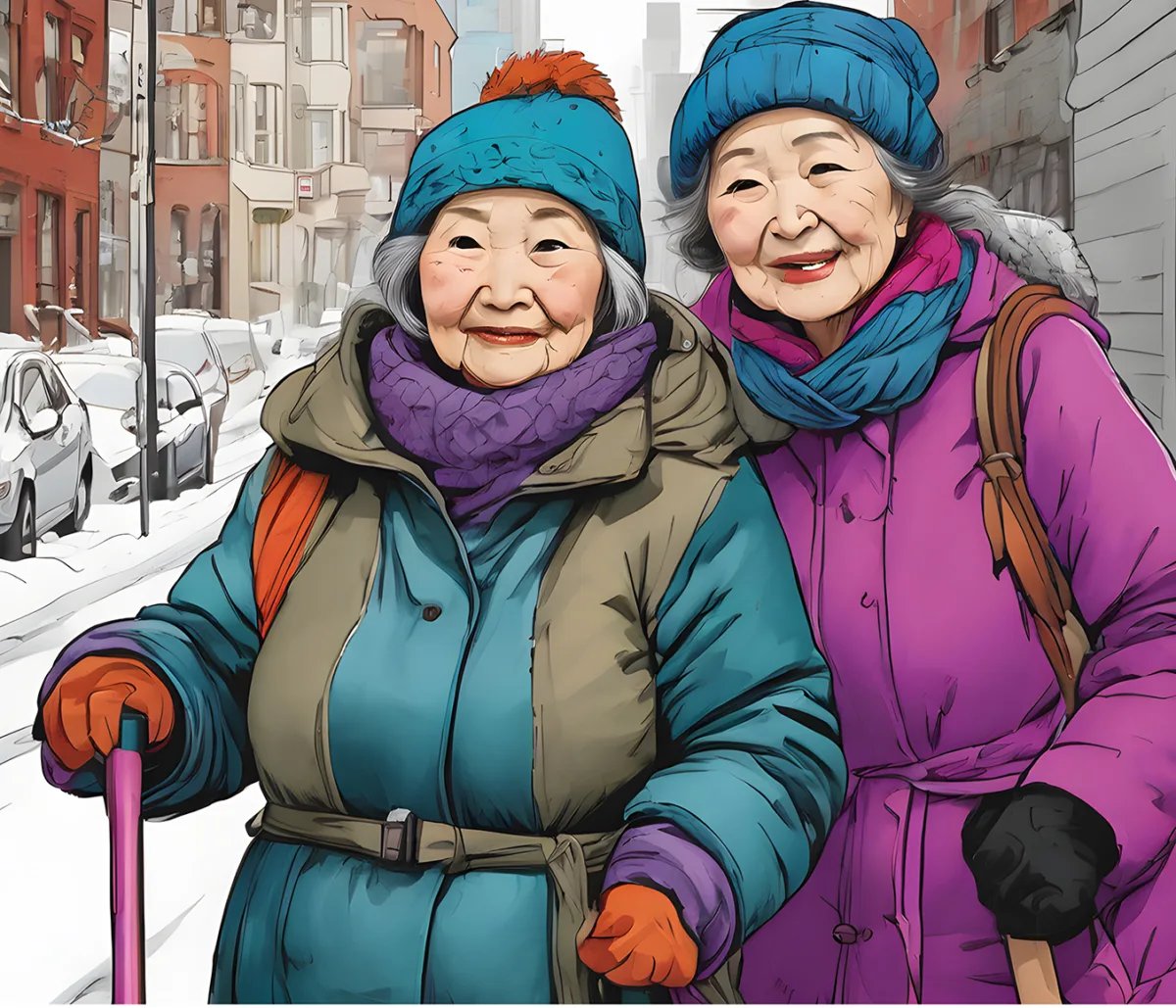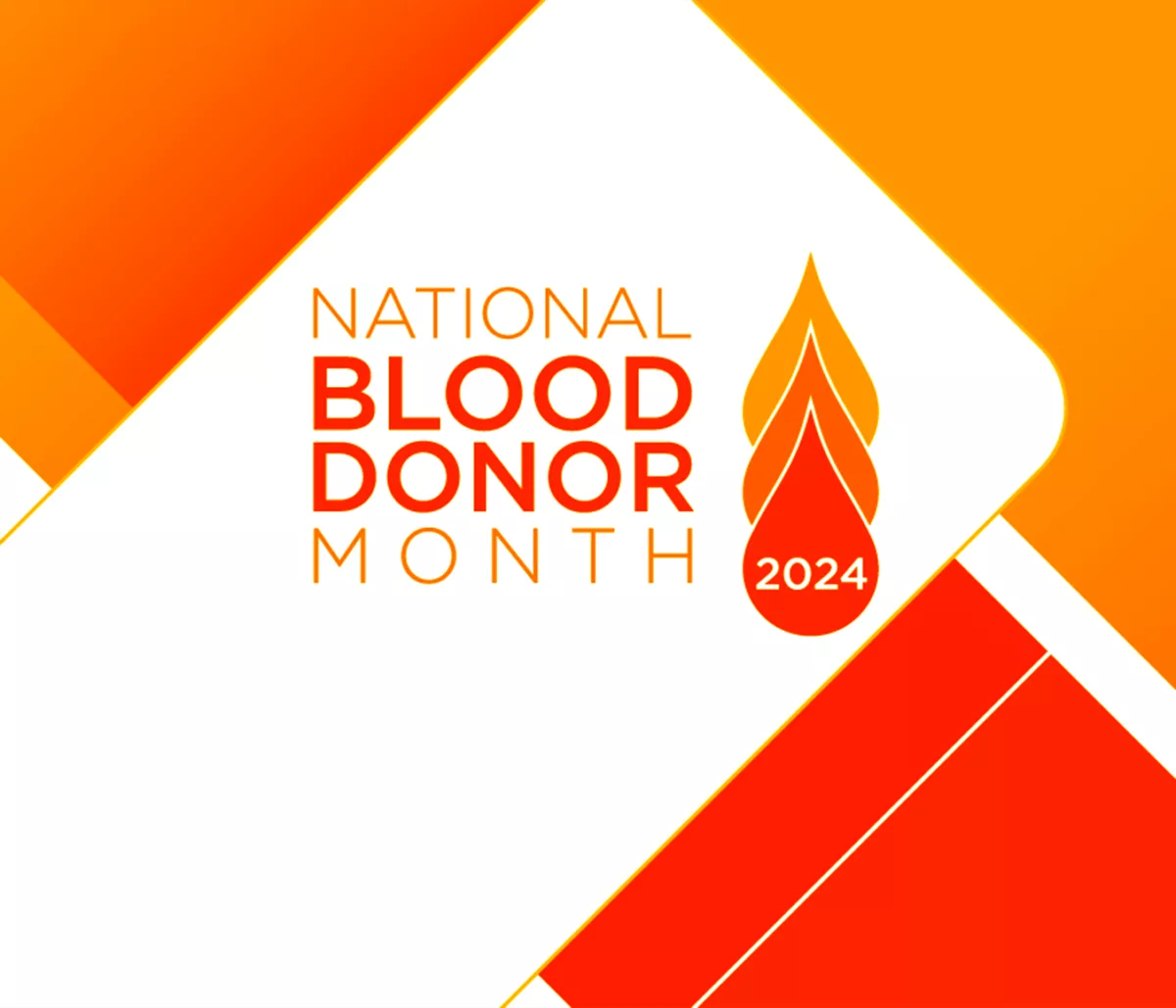Blogs
The Search for an Alzheimer’s Cure in an Age of Misinformation
May 21, 2021It's so easy to get caught up in health fads. You can find innumerable people who seem knowledgeable online, who are marketing their own solutions to cure or prevent some of the world's most dreaded diseases. Alzheimer's disease is one of the most feared diseases, and, of course, everyone is hoping for a cure. When people advertise their own unproven solutions, they've got an easy market by preying on everyone's hopes and fears.
You may hear this type of talk from supplement companies and other sources who present cure-all solutions. The FDA suggests that you bear in mind, "If it seems too good to be true, it probably is". It's important to use a discerning eye when you learn about a new "cure" to a disease like Alzheimer's. Look up studies that both support and contradict the finding. How big are the studies? Are the studies submitted to respected peer-reviewed journals or to journals with little oversight that ask you to pay a high fee for publication? (For a list of predatory open-access journals, look at Beall's list.
A few years ago, there was a movement online about the potential of coconut oil as it relates to Alzheimer's disease. At the time, I was working in a nursing home for people with Alzheimer's. Understandably, many family members of the residents were interested in trying anything to stop or reverse their loved one's cognitive decline. I know at least one family member requested that the doctor add coconut oil to their spouse's medication regimen.
If you want to try one of these types of treatments, it's important to weigh the benefits and risks to your loved one's quality of life. Is trying a yet-unproven treatment worth putting your loved one through the side effects and, in this case, gastrointestinal discomfort that can be associated with increased coconut oil intake? Would they consent to this? (For more information, read the coconut oil portion of this literature review, located at 5.2.2) Each person will have a different answer since we all are different. The important thing is to consider the individual it will be affecting.
Right now, the scientific consensus is that Alzheimer's disease is not reversible, and since there is no one cause, unfortunately, there is no current treatment to prevent or cure it. There are FDA-approved medications for Alzheimer's disease, which are used to slow the progression of cognitive decline. However, these do not cure the disease either.
So, what can we do?
- Take care of your heart and your brain. Heart health and brain health are very closely related, and new research indicates that the vascular system may impact Alzheimer's disease. The general advice for reducing your risk of developing Alzheimer's is to remember that heart-healthy choices are also brain-healthy choices. You'll often hear recommendations to cease smoking, eat well (often a Mediterannean diet is recommended), exercise, and sleep enough. Staying social and physically protecting your brain (by avoiding concussions) can also reduce some risk.
- You could take part in clinical trials to help develop new treatments. Companies are struggling to find people with Alzheimer's to take part, so increased participation is needed to help push scientific research forward. Here's a national list of clinical trials for Alzheimer's disease (click on your state for the list of trials near you) National List of Clinical Trials, and here's a link to the newest Eli Lilly pharmaceutical clinical trial: Eli Lilly Clinical Trial
- If you hear of a new cure or solution to Alzheimer's disease, approach it with a skeptical eye. Do your research. Talk to your doctor. If you want to try it, weigh the risks and benefits on your quality of life. If it's for a loved one, would they consent to trying this new approach if they were aware of the risks and possible, yet unproven, benefits? Involve them in the decision.
An Alzheimer's diagnosis is devastating. It makes sense that you'd want to try whatever you can to prevent or reverse it. However, guarding yourself against misinformation and arming yourself with knowledge will help move the fight against Alzheimer's forward.
No comments found.Leave a Comment

Breaking Barriers in Healthcare: The Inspiring Stories of Black American Trailblazers during Black History Month
During Black History Month, it is important to recognize and celebrate the incredible achievements and contributions of Black Americans in various fields. In the healthcare industry, Black Americans have played a crucial role in breaking barriers and paving the way for future generations. True Care Home Care is honored to highlight the inspiring stories of […]

10 Heart Healthy Tips
February is Heart Health Month, a time dedicated to raising awareness about cardiovascular health and promoting healthy habits. Taking care of your heart is essential for overall well-being and longevity. Whether you’re young or old, it’s never too early or too late to start prioritizing heart health. In this article, we will provide you with […]

The Top 10 Most Common Winter Ailments: What You Need to Know
The Top 10 Most Common Winter Ailments: What You Need to Know During the winter months, many people experience a variety of ailments that are specific to the season. These ailments can range from common colds and flu to more serious conditions like pneumonia and bronchitis. At True Care, your priority is your health so […]

Essential Tips for Keeping the Elderly Healthy and Happy in Winter
10 Essential Tips for Keeping the Elderly Healthy and Happy in Winter As the winter season approaches, it is important to ensure the health and happiness of our elderly loved ones. The colder temperatures and harsh weather conditions can pose significant challenges to their wellbeing. That is why True Care Home Care has compiled a […]

Saving Lives One Drop at a Time: Celebrating National Blood Donor Month
Saving Lives One Drop at a Time: Celebrating National Blood Donor Month Every January, National Blood Donor Month is celebrated in the United States to raise awareness about the importance of blood donation. This month-long campaign aims to honor the individuals who make a difference by donating blood and saving lives. By shedding light on […]
